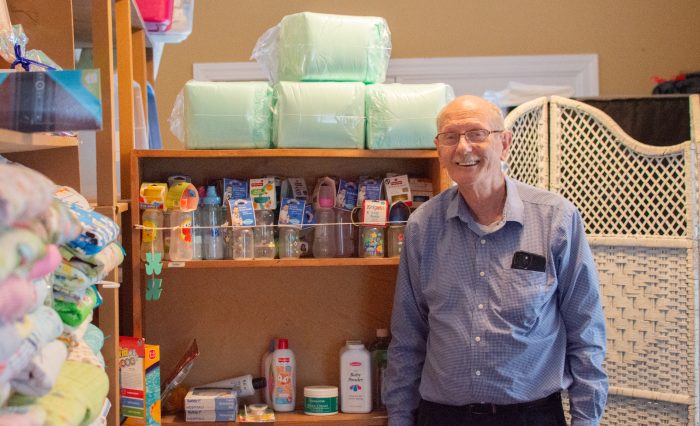Houchens Industries buys three more stores
Published 12:00 am Wednesday, January 9, 2002
Employees at the Calhoun IGA say they dont expect much to change when Bowling Green-based Houchens Markets takes over the store Thursday. In fact, store supervisor Glen Simpson thinks it might even be better.Customers know its happening and seem pretty excited about the change, Simpson said. Any changes will be subtle, nothing drastic. I expect its pretty much going to stay the same. Houchens Industries CEO Jimmy Gipson agreed, saying there would be very few changes in the stores operations.Along with the Calhoun operation, Houchens also has purchased the IGA store in Livermore. Both are owned by Calhoun-based Revlett Enterprises. Houchens took inventory Tuesday night at the Burkesville IGA, which it plans to purchase. The three stores employ a total of 65 people. Though not large operations, the stores are a profitable fit for the company, which has brought several smaller companies into its fold, said Gipson, who is also chairman of the board at Houchens Industries. Theyre not high volume; were not expecting them to be high volume, Gipson said. But we feel like we can run them. It doesnt matter if weve got a hundred stores making $50,000 a year or 10 stores making $500,000 a year you come up with the same figure. The companys presence in the region and its acquisition of the Fruit of the Loom warehouse on Church Street last year will help service the acquisitions announced Tuesday, he said. Instead of trying to compete with the larger chains, Houchens has found its niche in smaller operations, including 36 Houchens Markets in Kentucky that average less than 20,000 square feet in size.The company also owns more than 160 Save-A-Lot stores in 11 states and 40 Jr. Foods convenience stores. When it comes to groceries, Houchens Industries operates stores for shoppers more interested in supper than super is how the company is described by Hoovers Online. Sam Revlett, whose family purchased the two McLean County IGA supermarkets in 1984, cited increased competition from larger stores as prompting his family to sell. But in an era when the super-size chains are grabbing much of the grocery business, Gipson said theres still a place for local supermarkets.They are community-driven, so its not so much that youre trying to be Kroger or a Wal-Mart, Gipson said. Its just a good, medium-sized community facility that serves the people. Naturally, when you can serve the people, you get some business. Theres some longevity in that size business in those small towns.There would not be longevity for Houchens in trying to compete with larger-scale supermarkets in the region, Gipson said. Of course, everyone who sells groceries is a competitor, but we dont see ourselves in the same league with a Wal-Mart and try not to position ourselves that way. You dont try to be bigger and better than the best. Theres no profit in it, so you dont do it. Still, not all of Houchens recent acquisitions, which include Center of Insurance and Southern Recycling, have been small operations. The company added 20 Tobacco Shoppe discount cigarette stores to its fold with the purchase of Commonwealth Brands in 2001. Sources close to the transaction speculated that the deal could eventually be worth $1 billion. With the transaction, Commonwealth, which was started by entrepreneur Brad Kelly in 1991, began operating as an employee stock-ownership-plan company. I do really think its a win-win situation for everyone, Kelly said following the transaction. It is an added benefit that if significantly successful, the employees benefit significantly.






